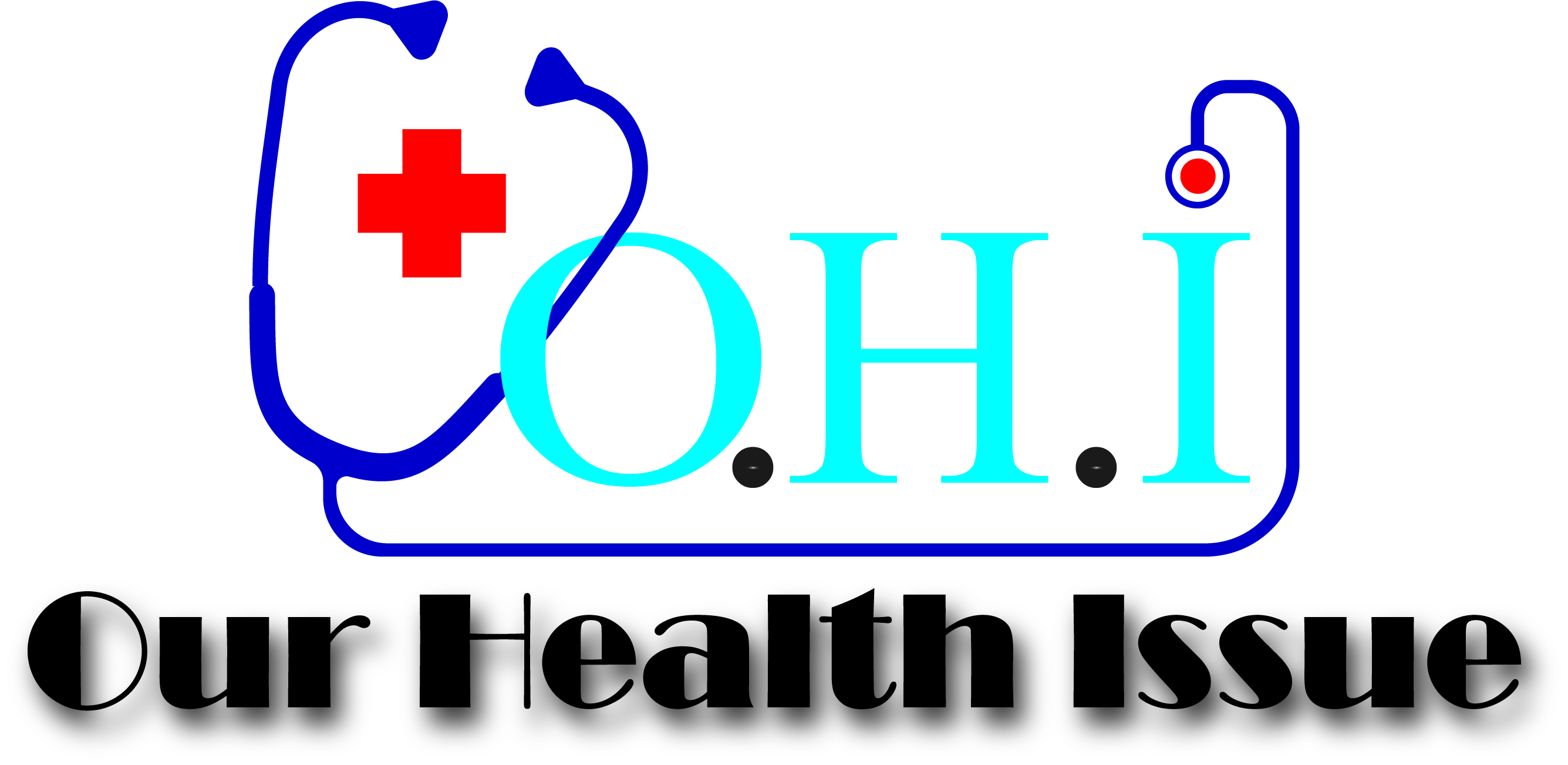
The need for a management system in hospitals is way more than we can ever imagine. Imagine being in a hospital where there is no sign of management, and you lay there waiting for someone to give you treatment. Then are you going to do? Because hospitals are the only source where they can save someone’s life.
A hospital management system is an automated software that handles all the aspects and operations of the hospitals, which makes work done fast, more efficient, and accurate. To bring smoothness to your hospital’s administration, medical, and financially legally, HMS (hospital management system) is required.
What is hospital management?
As long as there is a need for an accurate and efficient management system for hospitals, HMS is required because it provides automation in every aspect of hospital management. The hospital system software includes features that integrate and streamline healthcare workers’ work as well as their contact with patients.
There is always a diverse range of features that may be incorporated into the system. The HMS system feature set is focused on creating a positive experience for patients, employees, and hospital administrators. Furthermore, and most importantly, they are designed to simplify numerous operations that fulfill the demands of all users.
Although their expectations may appear to differ, they are nonetheless covered by components of the hospital information system. Quality and security are still the most important factors in the medical sector. It is also noted for making frequent and quick modifications to increase the efficiency of medical services and patient happiness.
What are the advantages of using a hospital management system?
There are a lot of benefits of using a management system at hospitals. Here are some of the advantages of using HMS.
Improved processes:
Automation of the HMS is one of the biggest and leading advantages. Automation helps in giving a satisfactory experience to its user. Medical specialists, hospital authorities, and patients can interact online. They can make online appointments and can exchange information.
Digital medical records:
The hospital database contains all of the relevant patient information. Doctors can quickly access the illness history, test findings, and prescribed therapy in order to establish an accurate diagnosis and monitor the patient’s health. It reduces the possibility of errors.
Check about: Blood Group Typing Market
Staff interaction:
It is critical to involve all your staff to promote coordination and collaboration. They do not need to make specific requests or wait an extended period for an answer. Each specialist will be in charge of a specific step of the process and will be able to share results with colleagues with a single click.
Facility administration:
Hospital administrators may manage their available resources, assess employee work, eliminate equipment downtime, improve the supply chain, and so on. Another point to emphasize is that healthcare personnel deal with digital data rather than tedious paperwork.
Financial control and tax planning:
The management has the capacity to oversee various financial activities such as spending, earnings, losses, bill payment, taxation, and in and outpatient billing. Financial awareness aids in clearly analyzing business possibilities and moving in the appropriate route.
Market planning:
Because of the high level of market competition, the medical business is accessible to all types of technologies that facilitate communication between patients, physicians, suppliers, and marketing service providers.
Processing of insurance claims:
Integration with health insurance services enhances the patient experience while also benefiting the institution. It allows you to be creative while also assisting both the patient and the hospital in effectively navigating the insurance procedure.
Less time-consuming:
Everything is being planned with more accuracy as services and interactions are enhanced in every manner conceivable. It saves all system users time and provides them with up-to-date information.
Self-service for patients:
Patients have their own system accounts with which they may undertake a variety of tasks. They may make online requests or reservations, obtain test results, consult with medical professionals, and much more.
Improved client service:
The clinic management system is focuses on the patient, so the treatment procedure might be less stressful. Also, doctors will have more time to examine patients and communicate with them. Furthermore, all needed information is available online.
As you may know, many companies offer HMS, but not many take the guarantee that it will manage your hospital with full responsibility. Wellyx is one of the best management software companies that ensure their customer’s business grows and makes good revenue.
What are the components of the hospital management system?
Well, the requirements of every clinic and hospital might differ, so it is not possible that every hospital can use the same features, so you can choose from different features which suit you the best.
Patient administration:
It is used to regulate patient flow. It may be used to register them, obtain data on their health status, examine their treatment, and review their medical history and reports.
Appointment module in hospital administration:
The appointment module in hospital administration organizes doctors’ schedules based on patient applications. It facilitates the scheduling of medical professionals at any convenient moment. When you require quick care, some hospitals may even arrange remote visits.
Facility administration:
The facility management module is in charge of monitoring and maintaining room availability, occupancy status, and different types of administrative documents.
Inventory control:
The inventory management module manages the clinic’s inventory. The whole supply chain is automated for the convenience of the employees, who can then focus on the needs of the patients.
Personnel Management:
Human resource administration is handled through the staff management module. It changes employee job descriptions, modifies the hospital structure, and keeps track of recruiting records.
Accounting:
The accounting module coordinates both clients’ and the medical institution’s financial issues. It keeps and displays all patient payment information and hospital financial data on spending and total profit.
Integration of insurance services:
The insurance module can store information about patients’ insurance policies. It contains the policy number, the insurance firm, and policy details. You can do all with the help of the hospital management system, which you can take from any software-providing company.




